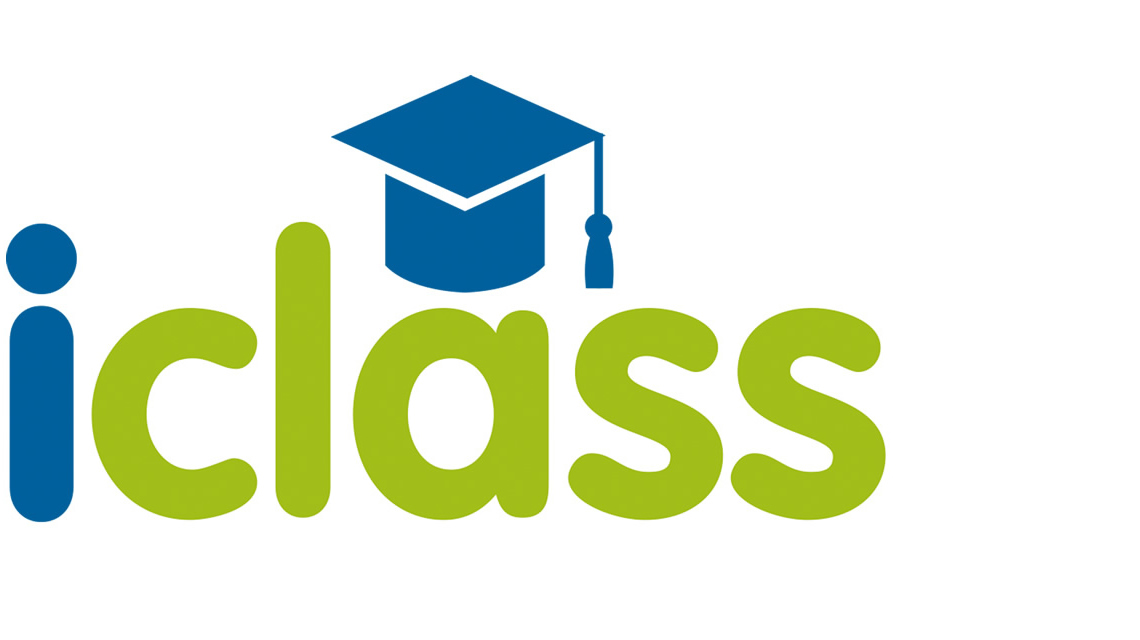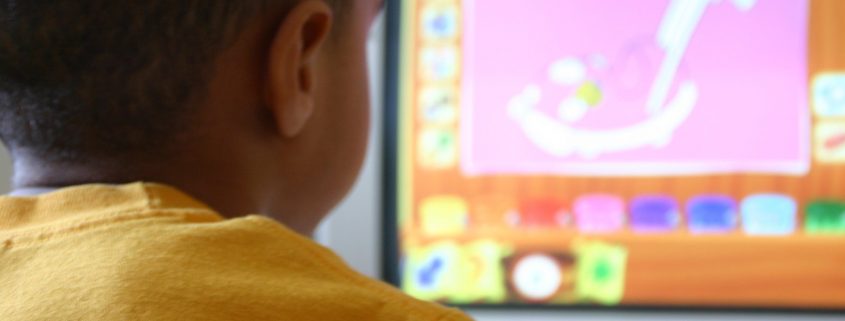Today’s piece continues on from last week’s blog about edtech terms every teacher should familiarise themselves with in light of the increasing use of educational technologies in the classroom.
First up is asynchronous learning (also known as e-learning), which is a learning style that focuses on the student by providing them with access to online assignments and resources such as chat and videoconferencing to support learning regardless of where the student is based.
Digital storytelling is another increasingly used form of educational technology, and refers to the combination of narrative with digital content such as video and sound, resulting in an interactive short movie ideal for teaching students about specific topics.
A MOOC is a Massive Open Online Course i.e. a typically free online course available to Internet users—MOOC subjects tend to be quite broad and people of all ages use them to learn and gain new skills.
Similarly, open educational resources are free to access educational materials such as documents and media that can be used in the classroom to teach.
And the final entry on today’s list is the virtual classroom, an online-based learning space accessible through the internet or software that provides teachers with additional tools and often engages students on a greater level than traditional lessons.



 UK + 442895907779
UK + 442895907779 customerservice@iclasscms.com
customerservice@iclasscms.com


